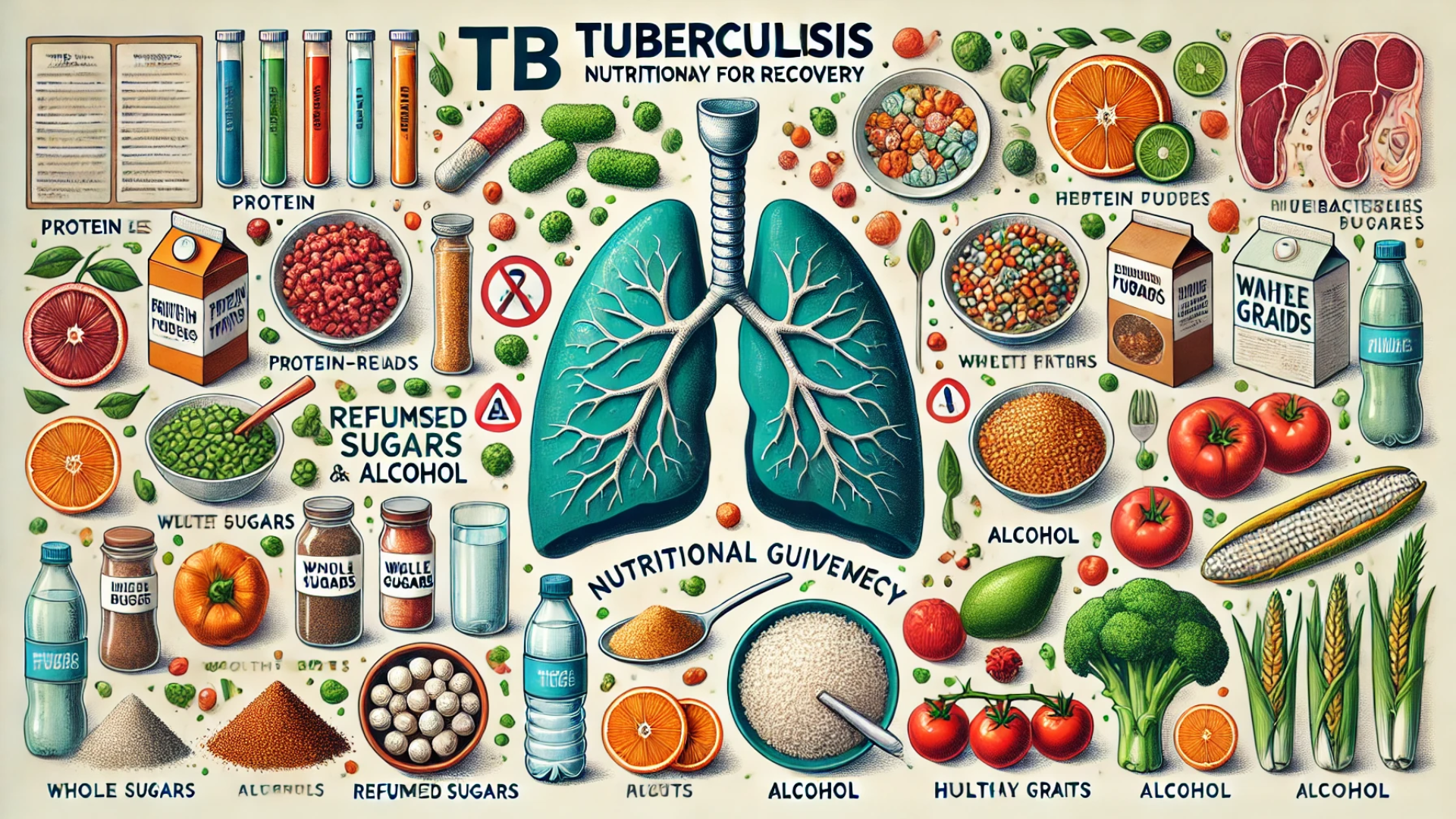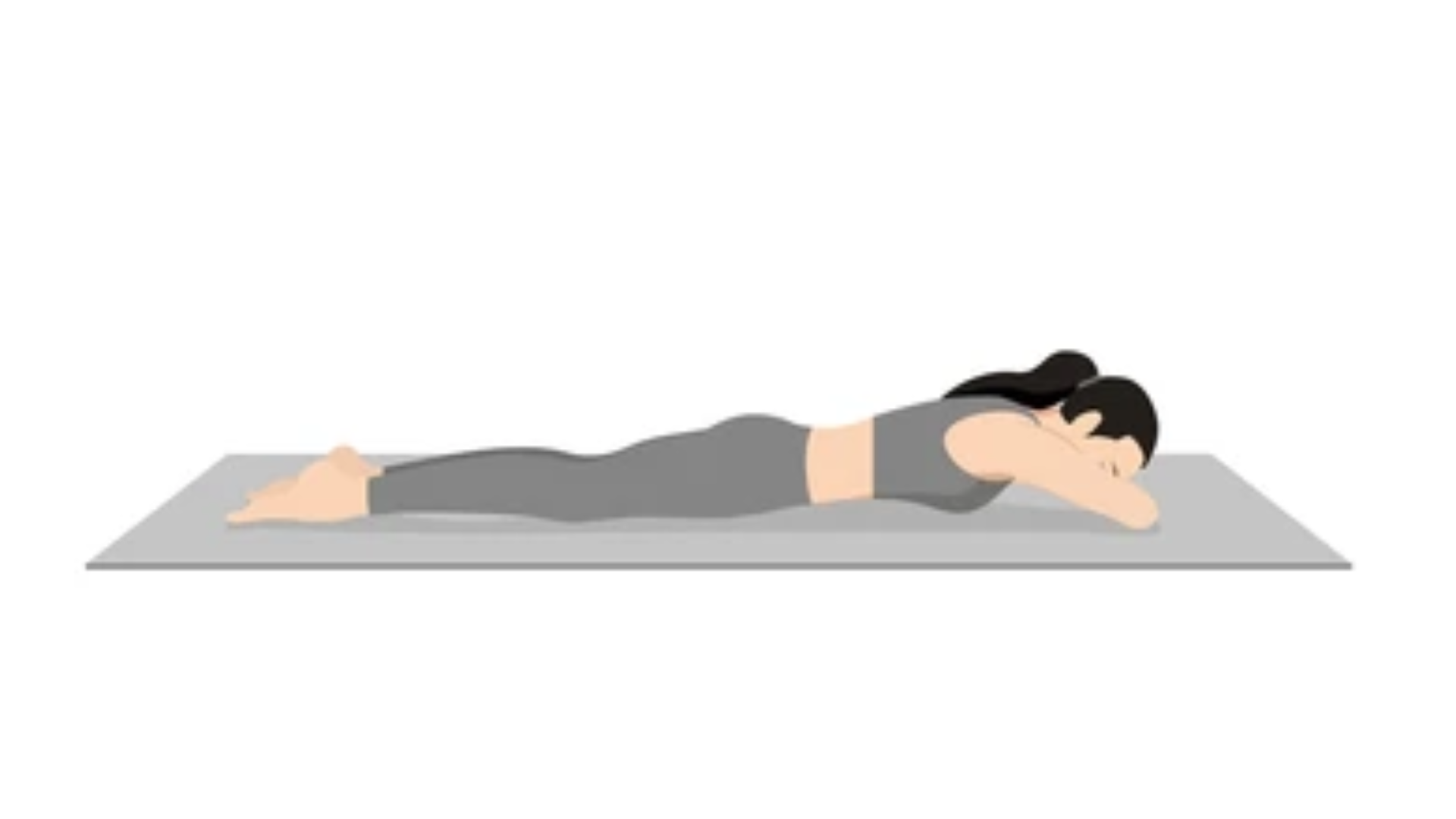
Tuberculosis or TB is one of the major health issues that have affected millions of people worldwide. It is an infectious bacterial disease that primarily attacks the lungs, although later stages of the infection can distribute to other parts of the body. Understanding the causes and nutritional requirements during the treatment of TB might be helpful in recovery. In this blog, we’ll take a closer look at what causes TB and give a good rundown of the best foods one should consume if he or she were struggling with this disease.
What Causes Tuberculosis TB
TB is caused by a type of bacterium called Mycobacterium tuberculosis. It usually attacks the lungs, but it can also damage other parts of the body, such as the kidneys, spine, and brain. TB is spread from person to person through the air when an infected person coughs, sneezes, talks, or sings. Other people nearby may breathe in these bacteria and become infected.
However, not all the individuals who get infected with bacteria developing TB succumb to this disease. There are two forms of conditions: latent TB infection and active TB disease.
- Latent TB Infection: The bacteria are present in the body but are not active. A person with latent TB does not feel ill, and he/she does not infect other people. However, if left untreated, latent TB can advance into active TB disease.
Active TB Disease: It is a form of illness in which the bacteria are alive and growing within the body, manifesting symptoms that have the potential to spread to others. The symptoms of active TB include the following: a cough lasting three or more weeks, chest pain, a coughing-up of blood, fatigue, weight loss, fever, and night sweats.
Factors That Increase the Risk of TB
Certain conditions can increase the susceptibility to acquiring TB or the likelihood of moving from latent infection to active TB disease. These are:
- Poor Immune System: Conditions that may lower the immune system include HIV/AIDS, diabetes, severe renal diseases, and chemotherapy treatment.
- Malnutrition: If the nutrition is poor, it lowers the body’s immunity against the bacteria to develop TB.
- Close Contact: Spending a lot of time with someone who has active TB, particularly in small or poorly ventilated places, can easily facilitate this infectious agent into one’s life.
- Travel or Residence in High-Risk Areas: Residence in, or travel to, areas highly affected by TB will raise the risk of coming into contact with the bacteria.
Foods to Eat When Recovering from TB
Diet plays a very important role in the recovery from TB. Good nutrition strengthens the immune system, enhances the recovery rate, and helps the body fight the infection more effectively. What follows is a detailed guide on what to include in your diet if you are recovering from TB:
Protein-Rich Foods
The body needs proteins both for repair and in building up, including the immune system. When enough proteins are consumed during the treatment period, it will help cure the body from damage it has experienced from the bacteria.
- Examples: Dairy products such as milk, yogurt, cheese, legumes like beans, lentils, nuts, and seeds.
Foods High in Vitamins and Minerals
Vitamins and minerals are very helpful for boosting the immune system and health in general. Among vitamins and minerals, the following are essential to TB patients:
- Vitamin A: Healthy immune function needs vitamin A, protection against infection.
- Sources: Carrots, sweet potatoes, spinach, and other leafy greens.
- Vitamin C: Immune function is helped and tissue repair is aided by Vitamin C.
- Sources: Citrus fruits-acute oranges and lemons, strawberries, bell peppers, broccoli.
- Vitamin D: It fortifies other pathogen-fighting properties of monocytes and macrophages of the immune system.
Sources: Fortified dairy products; and exposure to sunlight. - Iron: The immune system relies on iron for the aerobic transport of RBCs.
Sources: Poultry, beans, lentils, tofu, spinach, and fortified cereals. - Zinc: Immune response molecules partly depend on zinc, besides helping in treating wounds.
- Sources: Legumes, seeds, nuts, dairy, whole grains.
Whole Grains
Whole grains can provide the energy needed, along with possessing nutrients like fiber, B vitamins, and minerals. They can support energy levels, which is a very important aspect of TB recovery because the body needs extra energy to fight the infection and recover.
- Examples: Brown rice, whole wheat bread, oats, quinoa, barley, and millet.
Healthy Fats
Fats are an important constituent for the absorption of fat-soluble vitamins like A, D, E, and K, essential for immune function. Including healthy fats in the diet can also help in maintaining weight, which often becomes a concern in TB patients due to loss of appetite and weight loss.
- Examples: Avocados, nuts, seeds, olive oil.
5. Hydration
Staying hydrated is important for overall health and well-being, not to mention recovery from TB. Water transports nutrition and oxygen to the cells, transfers waste products out of the body, and helps maintain body temperature.
- Recommendations: Drink plenty of water throughout the day. Herbal teas and broths are also good options.
Foods to Avoid During TB Recovery
In as much as there are many beneficial recovery foods, some of them need to be avoided or minimized to ensure that they do not interfere with one’s recovery from the ailment:
- Refined Sugars and Processed Foods: These can inflame and depress the immune system. That would worsen the body’s ability to fight the disease.
- Alcohol: It has too many adverse drug interactions with TB medications plus affects the immune system negatively.
Greasy high-fat foods can give you problems in digestion and may not be able to deliver what your body needs during recovery.
Conclusion
TB recovery involves not only proper medication but also a balanced diet for the immune system and overall body health. Variety with protein-enriched food, vitamins, minerals, whole grains, healthy fats, and hydration will definitely help recover the invalids easily. Additionally, you can get on your feet much sooner if you continue being careful about the foods you avoid. Remember, the best advice or recommendation would come from a doctor or a nutritionist, considering all that could help design a diet tailored to your needs during TB medication.
You are taking care of your body and helping it heal, but you will also be setting it up for life in general in a much healthier way.
Frequently Asked Questions
- What causes Tuberculosis (TB)?
Tuberculosis is an infectious disease caused by the bacterium Mycobacterium tuberculosis. It generally originates in the lungs but can spread to other parts of the body. - Is treatment for TB possible only with diet?
No, treatment of TB cannot be done simply by diet. This will require proper medical treatment with antibiotics. As after any illness, a healthy diet helps to raise one’s immunity and keeps the body fit. - Which foods should be avoided during the treatment of TB?
Avoid refined sugar, food, and drinks with artificial additives. Similarly, alcohol consumption and foods containing excessive fat as greasy foods impede the process of healing. - How vital is hydration in recovering from TB?
Water intake is highly important because it transports nutrients throughout, taking care of body temperature and basically taking care of every cellular function of the body. - Is it advisable or not to include dairy products during the TB recovering process?
Yes, they are a good source of proteins and calcium. Both help in recovery. However, if one has lactose intolerance or any allergy, then they must be avoided.

